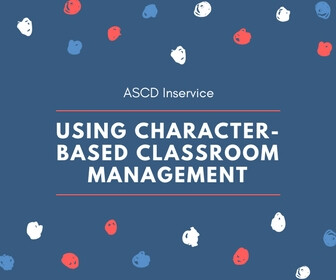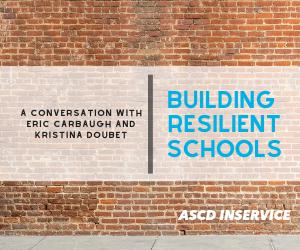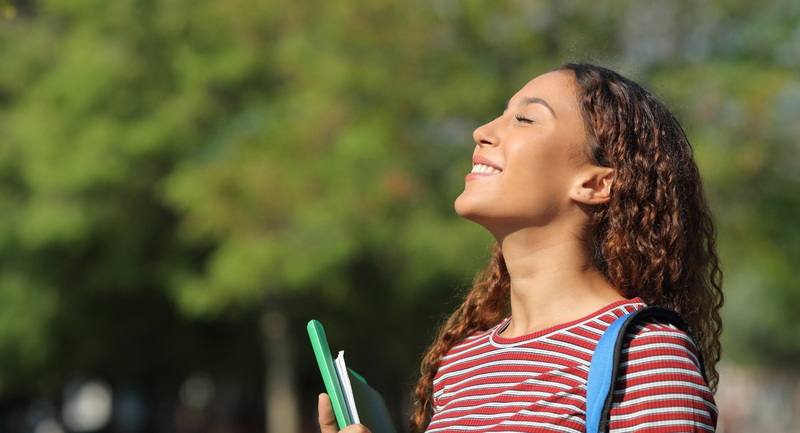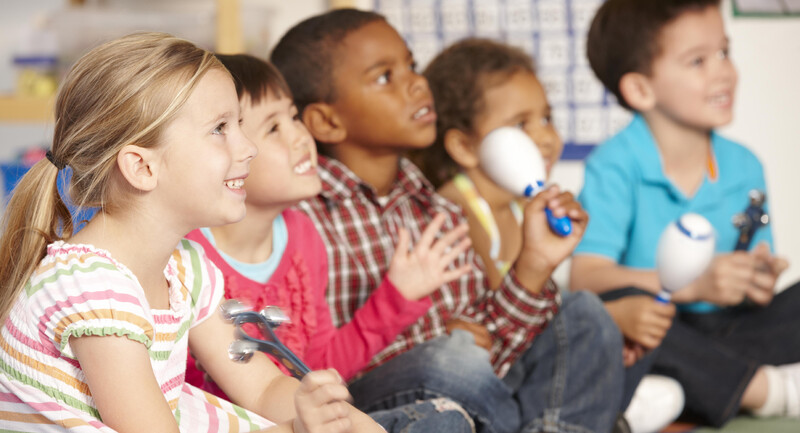Teacher burnout pushed Chase Mielke to the breaking point.
The Michigan teacher considered leaving the profession altogether, even though he loved it. He began a job hunt and updated his resume.
“It was very ironic that I teach this positive psychology class and spend a lot of time with my students, trying to focus on the science of happiness and resilience and, a few years ago, I was at a crossing point where I was ready to leave the carrier,” Mielke said on a recent episode of ASCD Learn Teach Lead radio (powered by BAM). “It was really deflating, because I love teaching and believe it’s my calling.”
Mielke took a step back and decided to apply the tenants of positive psychology to his own situation. He made internal development and self-care a priority. He used mindfulness to look at his circumstances in a new light. His process is detailed in his new book, the Teacher Burnout Cure: Learning to Love Teaching Again.
Here are a few of the lessons he discussed with host Kyle Hamstra.
1. Practice Gratitude
We can compare things to how they could be better or how they could be worse. Our comparisons can either decrease our happiness or yield gratitude. Being grateful starts with being fully present, no matter where you happen to be.
2. Unplug
Constantly checking emails and social media can wear us down and make us less present at home. Setting aside our cellphones for an hour or a few hours every night can make more time to be present and mindful and allow us to develop deeper relationships with family and friends.
3. Make Time for Self-Care
Teaching is a selfless profession and, as such, teachers often don’t make it a priority to do something purely for themselves. Mielke said it’s important to make this time, not just for ourselves, but for students.
“One of the coolest things I’ve found is the things we do to take care of ourselves end up rippling out to help other people,” Mielke said. “I can be mindful for myself to make sure I have peace of mind, but, in doing that, it ripples out patience, it ripples out more attentiveness, I’m able to emotionally regulate. So, by taking care of myself, I’m helping myself become a better teacher.”








